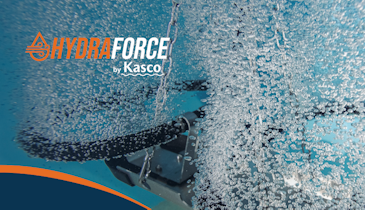
In an industry where many of you don’t get the personal recognition you deserve, local and national associations regularly recognize overall plant success and performance with numerous awards. So while you may not receive “Best Operator of the Year,” facility awards demonstrate...





